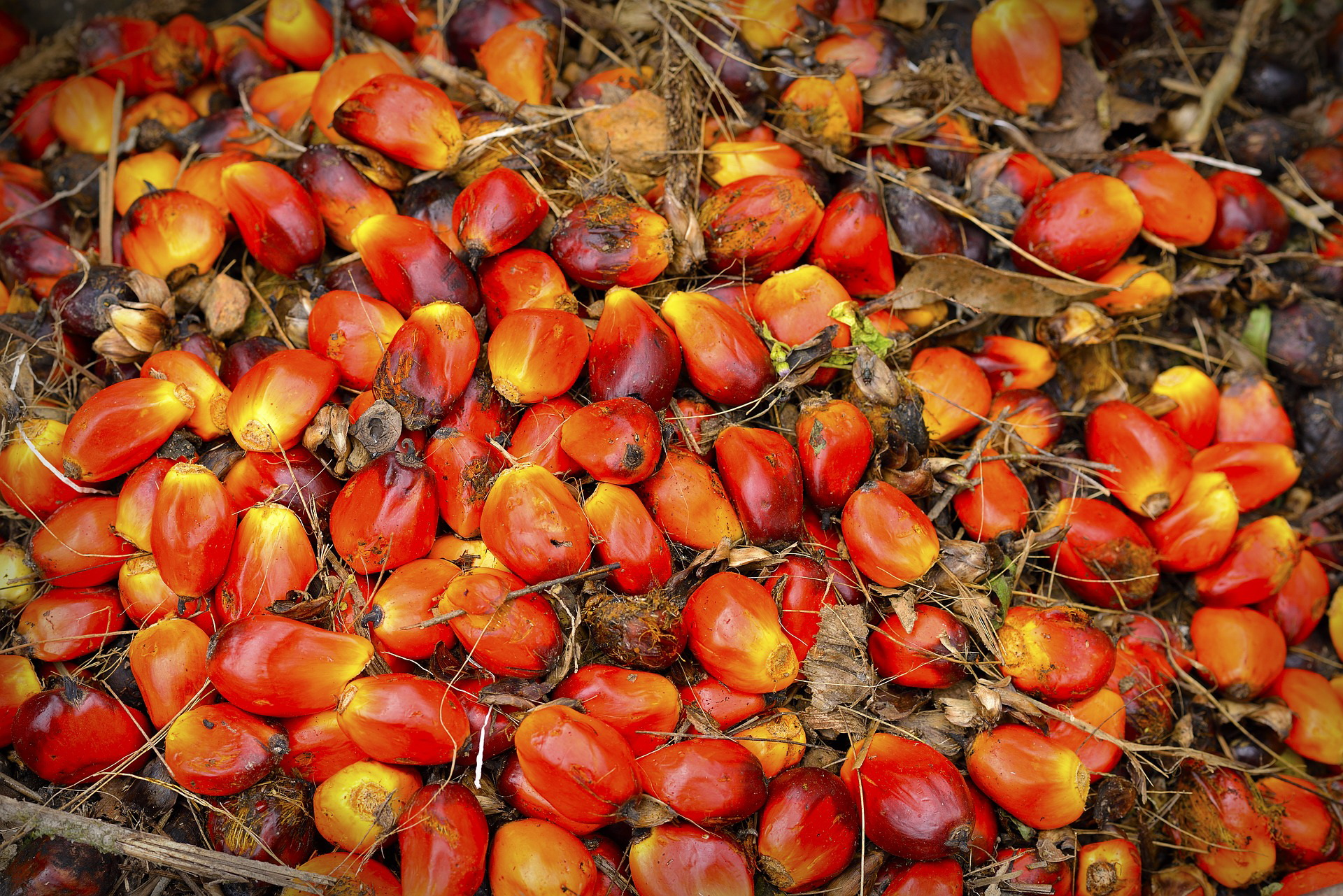News
PIPOC 2019 fuels hope for a fruitful 2020 for palm oil industry
By Nurul Hanis Izmir
KUALA LUMPUR, Nov 22 -- The palm oil industry is set to see a fruitful 2020 as various efforts undertaken by the government, its agencies and stakeholders which are centered on sustainability begin to show results.
The industry’s move towards sustainability is seen as a positive step by plantation experts, despite the challenges with regards to compliance by some smallholders and companies.
“There seems to be a lot of policies that the industry can take advantage of, including the loan programme and such, but I hope all the mechanics will be well communicated,” Singapore-based Palm Oil Analytics owner and co-founder Dr Sathia Varqa told Bernama on the sidelines of Malaysian Palm Oil Board’s International Palm Oil Congress and Exhibition (PIPOC) 2019.
The three-day event was perfectly timed with the current positive crude palm oil (CPO) market, he said, adding that prices are expected to reach the RM3,000 per tonne level next year due to the lower production.
“The plantation companies will enjoy good margin and fat revenue next year,” said Sathia.
On the flip side, LMC International Ltd chairman James Fry warned that the decline in global palm oil stocks will give a tighter market, and as a result, the CPO premium over Brent crude oil will increase to a point where some of the demand for palm oil will switch to other oils, which will become more competitive against the CPO.
“This month, European CPO prices have pulled its premium over Brent crude up to its average level since 2010, while narrowing CPO’s discount on sunflower and soybean oils.
“We are now in CPO price territory in which export taxes and levies would have been imposed if they had not been suspended till year-end. This may well have played a role in allowing prices to rise in the way they have, without sellers worrying about export taxes/levies taking away part of the upside,” he explained.
Fry noted that the 2020 CPO output will continue to be affected by factors such as drought and the reduction in the use of fertilisers in 2019, which will affect plantation yields in both Malaysia and Indonesia.
The highlights of the PIPOC this year include the emphasis on policy implementation on sustainability, which has been an ongoing effort by the government to strengthen the country’s position in the global scene, with the aim of enhancing the wellbeing of the smallholders as well as the lower-income group.
“We are in line with the Sustainable Development Goals (SDGs) initiatives, such as no poverty and no hunger. At the same time, we emphasise conducive production and consumption,” said Ministry of Primary Industries secretary-general Datuk Dr Tan Yew Chong said.
The ministry has forged a public-private partnership with the Council of Palm Oil Producing Countries (CPOPC) to further protect and promote the oil palm industry for the benefit of all stakeholders.
The ongoing efforts to uphold sustainable palm oil production include a plan to establish a fund to counter discriminatory activities against palm oil, he said.
On the government’s push for the Malaysian Sustainable Palm Oil (MSPO) certification among local companies, director-general Dr Ahmad Parveez Ghulam Kadir said the compliance with the certification would further expand the market for Malaysian palm oil.
Countries like China, Japan and South Korea have started to recognise the MSPO certificates, he said.
MPOB signed a memorandum of agreement with five petroleum companies on the last day of the event for the upgrading of biodiesel blending facilities at 35 petroleum terminals across the country.
The five companies were Petronas Dagangan Bhd, Shell Malaysia Trading Sdn Bhd, Petron Malaysia Refining and Marketing Sdn Bhd, Chevron Malaysia Ltd and Boustead Petroleum Marketing Sdn Bhd.
-- BERNAMA
Other News
Sarawak Lepasi Sasaran Kapasiti Gabungan Tenaga Boleh Baharu Tahun Ini - Abang Johari

Oleh Nur Ashikin Abdul Aziz
SINGAPURA, 21 Okt (Bernama) -- Sarawak mencapai 62 peratus sasaran campuran kapasiti tenaga boleh baharu (TBB) tahun ini, melepasi sasaran 60 peratus yang digariskan dalam Strategi Pembangunan Pasca COVID-19 (PCDS) 2030.
Sarawak Pacu Pertumbuhan Tenaga Boleh Diperbaharui Untuk Manfaat ASEAN - Premier

SINGAPURA, 21 Okt (Bernama) -- Sarawak komited menyokong peralihan tenaga boleh diperbaharui di Asia Tenggara dengan memanfaatkan potensinya sebagai "Bateri ASEAN," yang akan membekalkan tenaga bersih menerusi sambungan Grid Kuasa Borneo dan ASEAN.
Belanjawan 2025 Percepat Peralihan Kepada Tenaga Bersih - Solarvest

KUALA LUMPUR, 19 Okt (Bernama) -- Belanjawan 2025 merupakan satu langkah ke arah mempercepat peralihan kepada tenaga bersih di Malaysia, kata Solarvest Holdings Bhd.
© 2025 BERNAMA. All Rights Reserved.
Disclaimer | Privacy Policy | Security Policy This material may not be published, broadcast,
rewritten or redistributed in any form except with the prior written permission of BERNAMA.
Contact us :
General [ +603-2693 9933, helpdesk@bernama.com ]
Product/Service Enquiries [ +603-2050 4466, digitalsales@bernama.com ]
